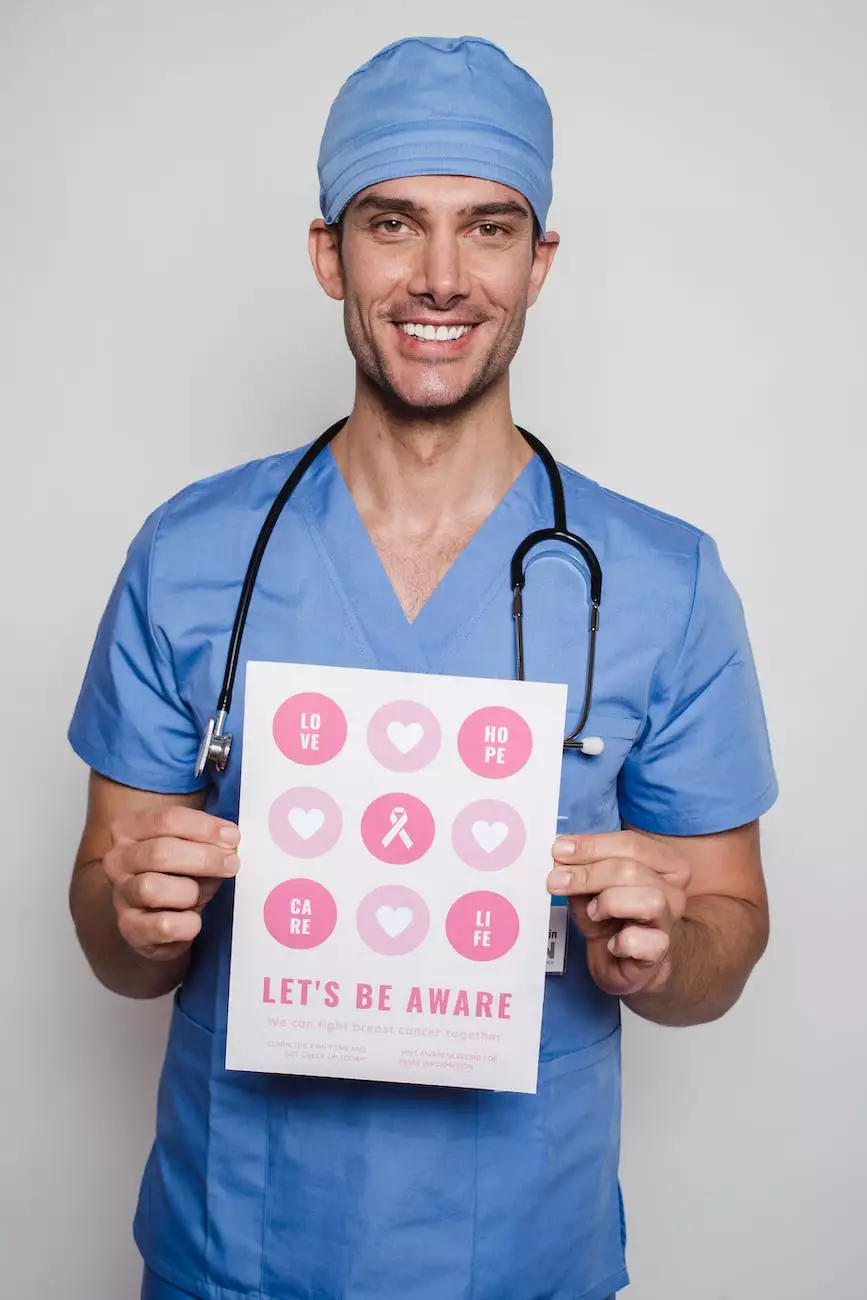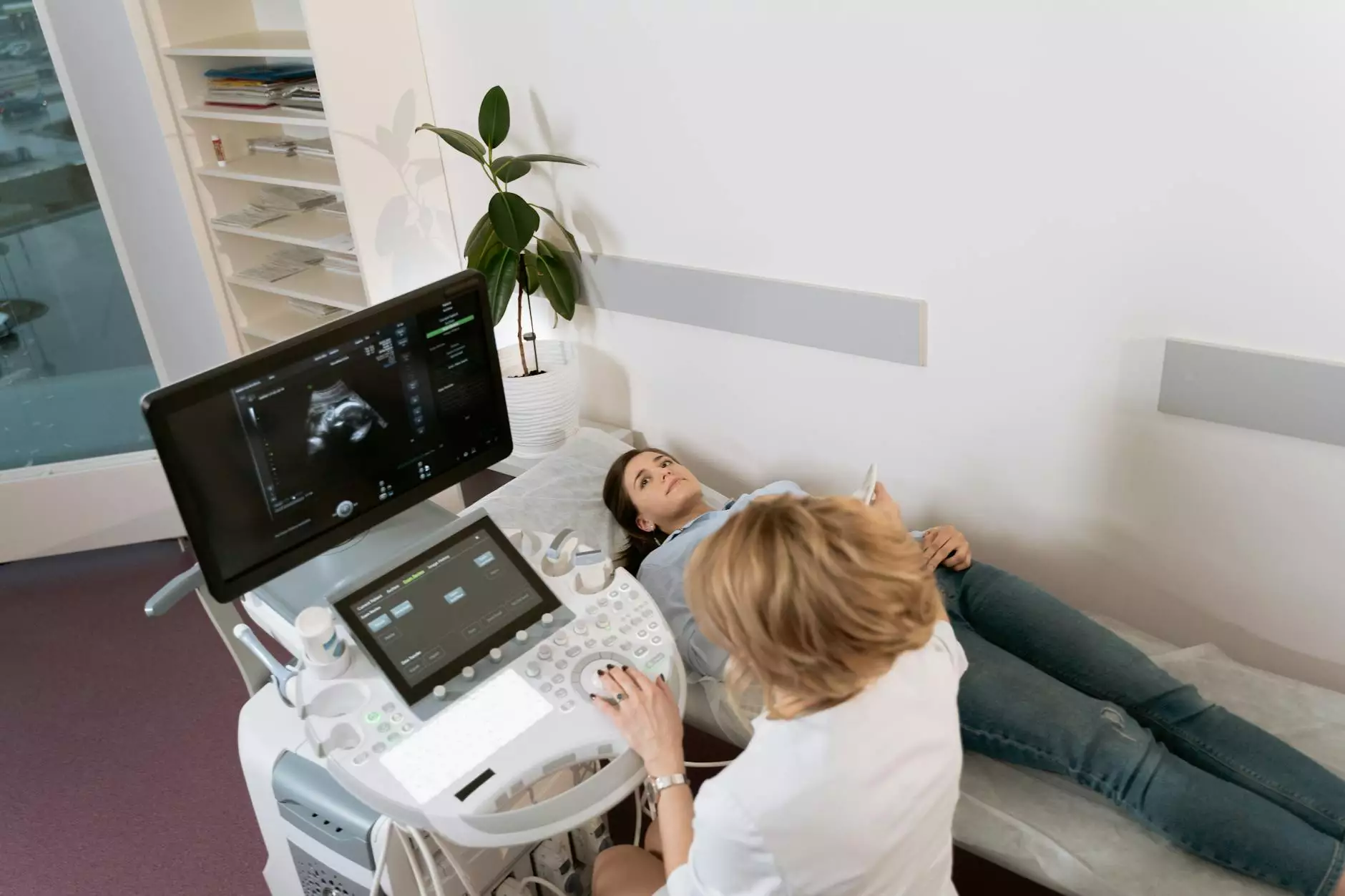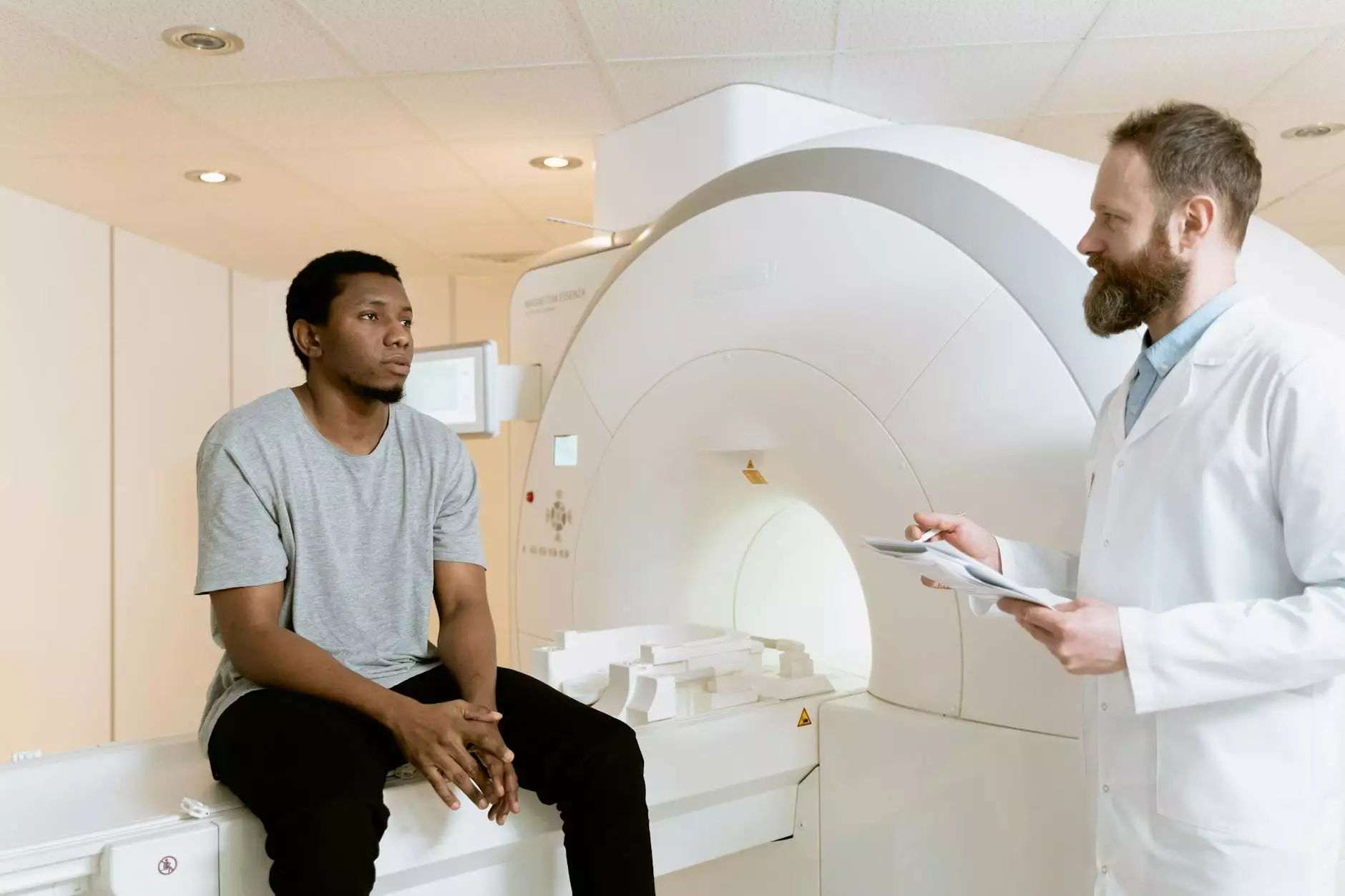When to Get Breast Cancer Screenings
Breast Care
Overview
Richard Martinez, MD is committed to promoting women's health and providing comprehensive information on breast cancer screenings. Regular screenings play a vital role in early detection and improving treatment outcomes. By understanding the recommended breast cancer screening guidelines, you can empower yourself with knowledge and take proactive steps towards your well-being.
The Importance of Breast Cancer Screenings
Breast cancer is one of the most common cancers affecting women worldwide. Early detection is crucial as it increases the chances of successful treatment and improves survival rates. Breast cancer screenings aim to identify abnormalities before any noticeable symptoms occur. This allows for timely intervention and reduces the risk of the disease progressing.
Recommended Age for Breast Cancer Screenings
The American Cancer Society recommends that women at average risk of breast cancer start having yearly mammograms starting at age 40. However, individual assessments may vary, and it's important to consult with your healthcare provider to determine the best screening schedule for you.
Breast Cancer Screening Guidelines
1. Mammograms
Mammograms are X-ray images of the breast and are considered one of the most effective breast cancer screening methods. Regular mammograms can help detect breast cancer in its early stages, even before a lump can be felt. It's generally recommended to have mammograms every one to two years, depending on your age and risk factors.
2. Clinical Breast Exams
Clinical breast exams are physical examinations performed by a healthcare professional. During the exam, your doctor will check for any lumps or abnormalities in your breasts. The frequency of clinical breast exams may vary depending on your age and risk factors, so consult with your healthcare provider for personalized recommendations.
3. Breast Self-Exams
While breast self-exams are not a substitute for mammograms or clinical breast exams, they play a role in familiarizing women with their breasts and detecting any notable changes. Knowing what feels normal for you empowers you to promptly report any differences to your healthcare provider. Remember that not all changes indicate cancer, but it's important to get any changes evaluated by a medical professional.
Additional Factors to Consider
It's important to discuss your personal risk factors and medical history with your healthcare provider. Factors such as family history, genetic mutations, and previous breast conditions may warrant earlier or more frequent screenings. Your healthcare provider will be able to assess your situation comprehensively and recommend an appropriate screening regimen.
In Conclusion
Regular breast cancer screenings are an essential component of maintaining your health and well-being. By adhering to the recommended screening guidelines and discussing your individual risk factors with your healthcare provider, you can take proactive steps towards early detection and better treatment outcomes. Richard Martinez, MD is here to support you in your journey towards optimal breast health.










